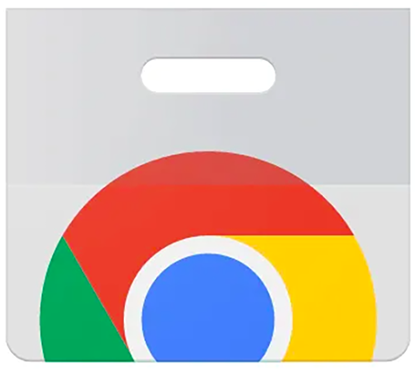When marketing your business, there’s no denying that tools make your work easier and much more productive. Whether you’re looking for data and analytics or simple ways to improve productivity, your tools can often make or break your marketing capabilities. We previously talked about some of the mobile apps we use that have truly improved our work. So we thought we would share our 5 favorite types of tools for 2021.
 1. Browser Extensions
1. Browser Extensions
There are thousands of browser extensions to choose from and each one assures a quality experience. The Chrome Web Store hosts more than 250,000 extensions and themes from which to choose. It is more than likely you will discover a few that will prove useful for your business.
Some types of extensions specifically for marketing are:
Messaging and Calendar Extensions – Google Messenger or Zoom Schedule.
Social Media Extensions – Save to Facebook or Buffer
Blogging Tools – Grammarly and Office Editing for Docs, Sheets & Slides
SEO and Web Analysis Extensions – Ubersuggest’s Chrome extension and Mozbar
UTM Tools (Urchin Tracking Module) – Google Analytics UTM Builder
You may have had reservations about using extensions due to security concerns. At Chrome Dev Summit 2020, Google announced it will change how extensions access data and how extension permissions work in 2021. This is part of a bigger effort by Google to improve extension security and privacy.
 2. Marketing Apps
2. Marketing Apps
If you are marketing on social media, and we certainly hope that you are, Buffer and Hootsuite integrate well with social media platforms, and make it easy to schedule posts and measure all types of data and analytics.
Digital Marketing requires that you make sure that you have professional looking graphics. Facebook posts with images get 2.3x more engagement than those without images, while Tweets with images receive 150% more retweets. Instagram doesn’t even allow you to post without an image.
Canva and Adobe Spark are programs that make it easy for even those without any graphic design skills.
 3. Free SEO tools
3. Free SEO tools
You may know that blog posts are a great way to boost your SEO. However, there are many tools that can help you increase your search engine rankings. SEOquake is a toolbar extension that allows you to view multiple search engine parameters and save and compare them with the results obtained for other projects. There’s also a useful cheat sheet and diagnostics page to view potential issues (or opportunities) affecting a particular page or website.
Knowing the right keywords to target is very important when writing copy for your website. Google AdWords keyword planner, part of Adwords, is very easy to use. Simply add your website URL into the box and review the suggested keywords.
These free SEO tools are a bit more limiting than the paid SEO tools but are perfect for those just starting out.
 4. Video Tools
4. Video Tools
These days, everyone is posting beautiful images and creative videos on social media. How can you stand out from the crowd and get your brand noticed?
Try some new and innovative apps.
Just launched this year, Beatleap offers a new approach to video creation, which we have never seen before. It uses audio to create video content, enabling you to create and edit videos by automatically matching songs with your video clips in seconds. It’s pretty easy to use. You just add your footage, select your music and then add any effects. The app will then create a clip that syncs perfectly to the music. It’s perfect for TikTok or Instagram Reels, but you can use it for any social platform.
Want to create standout videos in a snap? Bitable is intended to be fast and easy to create any kind of video. You can choose a variety of video templates for all different types of industries and add the text and sound you want. You can also brand it with your logo.
 5. Email Marketing Tools
5. Email Marketing Tools
Without a doubt, email marketing tools are a requirement for marketing your business. They help marketers create email campaigns that amplify their content and encourage their users to become more engaged with their brand. They allow for your customers to take additional steps like learning more about or buying products, or signing up for events.
Common email marketing tools include email marketing platforms like Constant Contact and Iterable allow marketers to build email lists and automate their email campaigns. These platforms also provide analytics for every email campaign, making testing and optimization quick and easy.
Marketing your brand must involve strategy and some sort of media savviness. In order to maximize the impact of your various campaigns, it helps to have the best tools at your disposal. At Tomo360, we use all these types of tools to help market our customers’ businesses, and believe us, they make the work a little less complicated.

Sales Tips
Know who your followers and customers’ profiles are on social media. Spend time learning about their demographics, and get familiar with other data about them. Research their profiles and check out social analytics. Here are some tips from SalesForce on the Five skills for sales and customer research.
